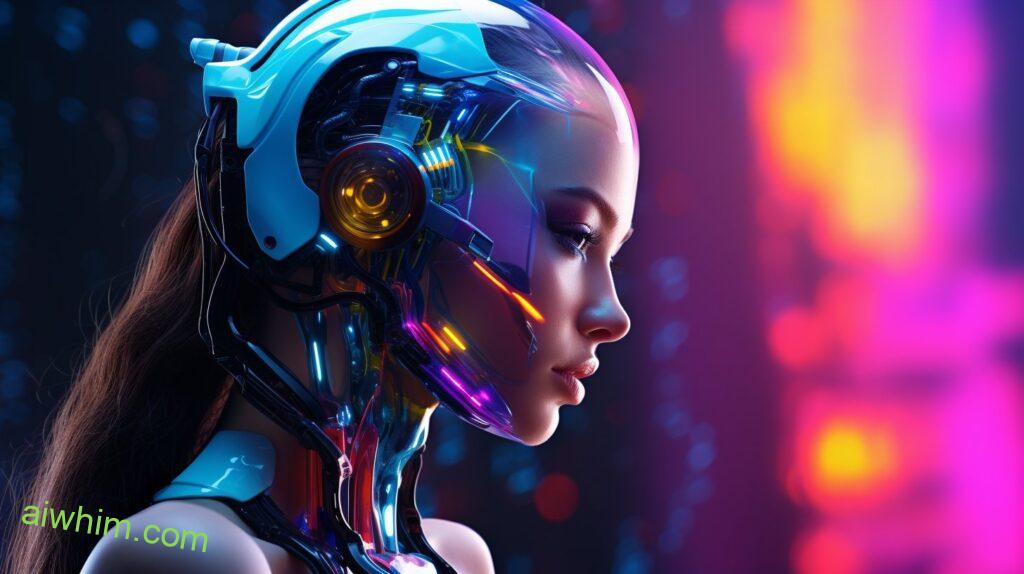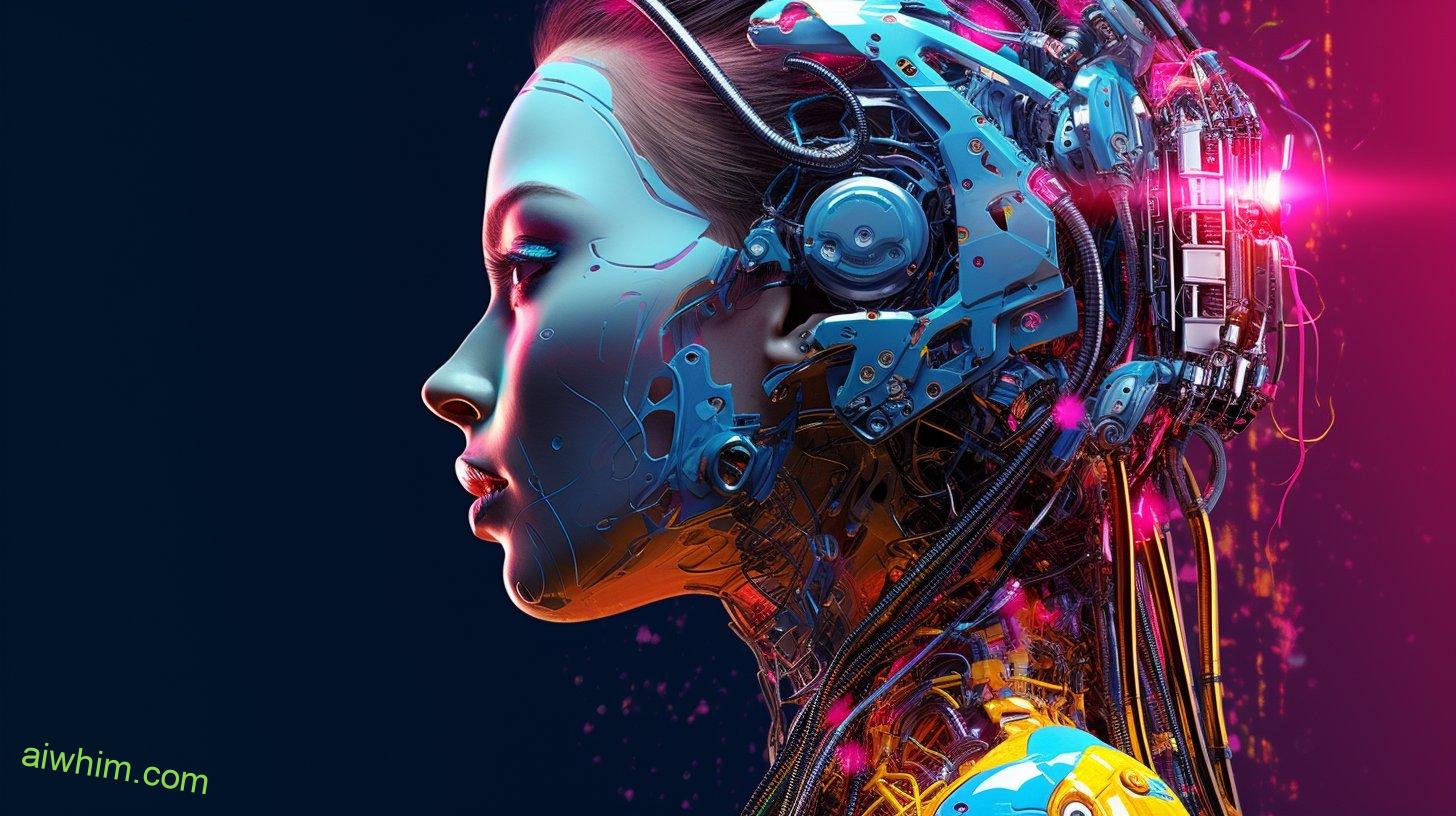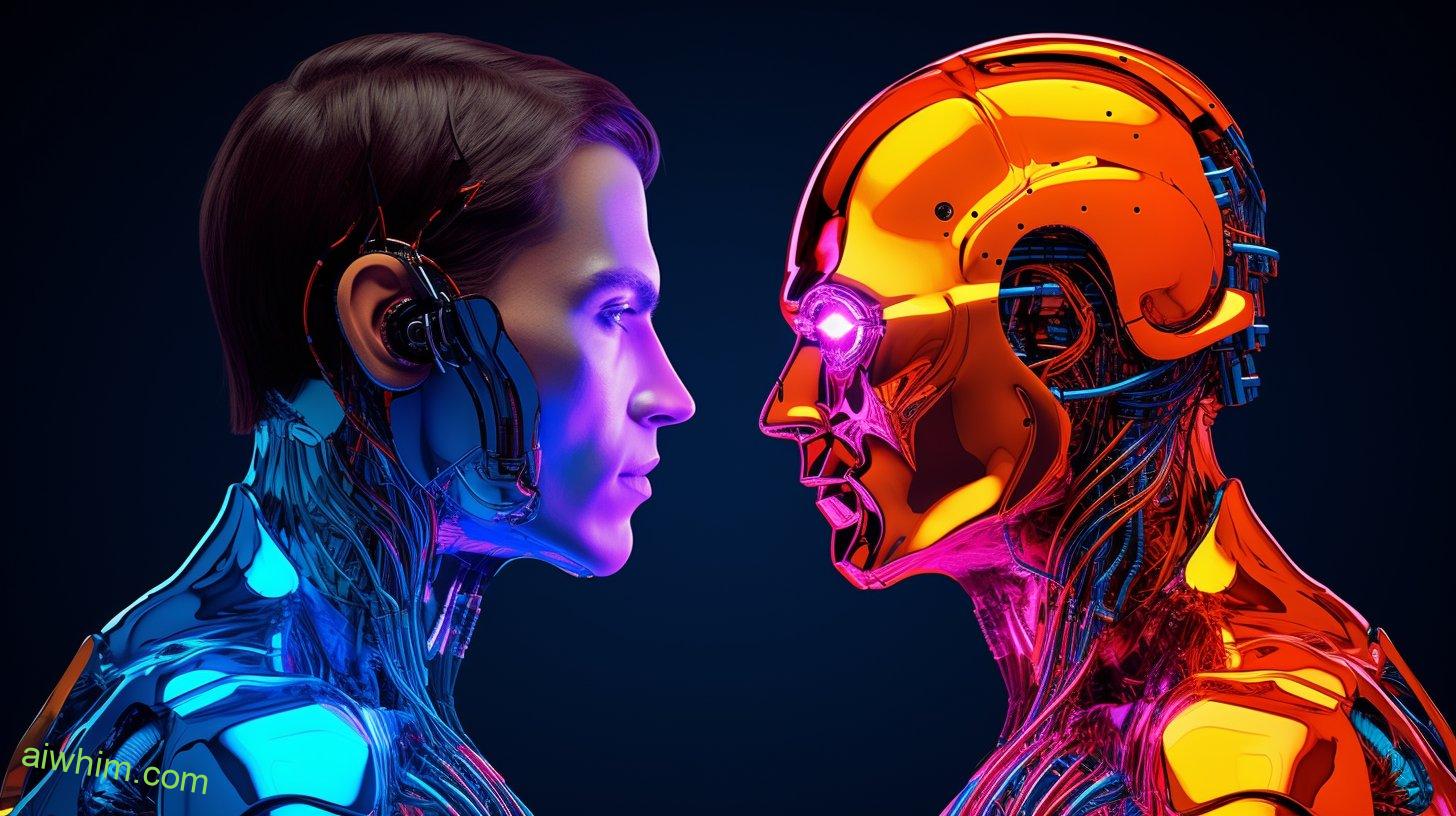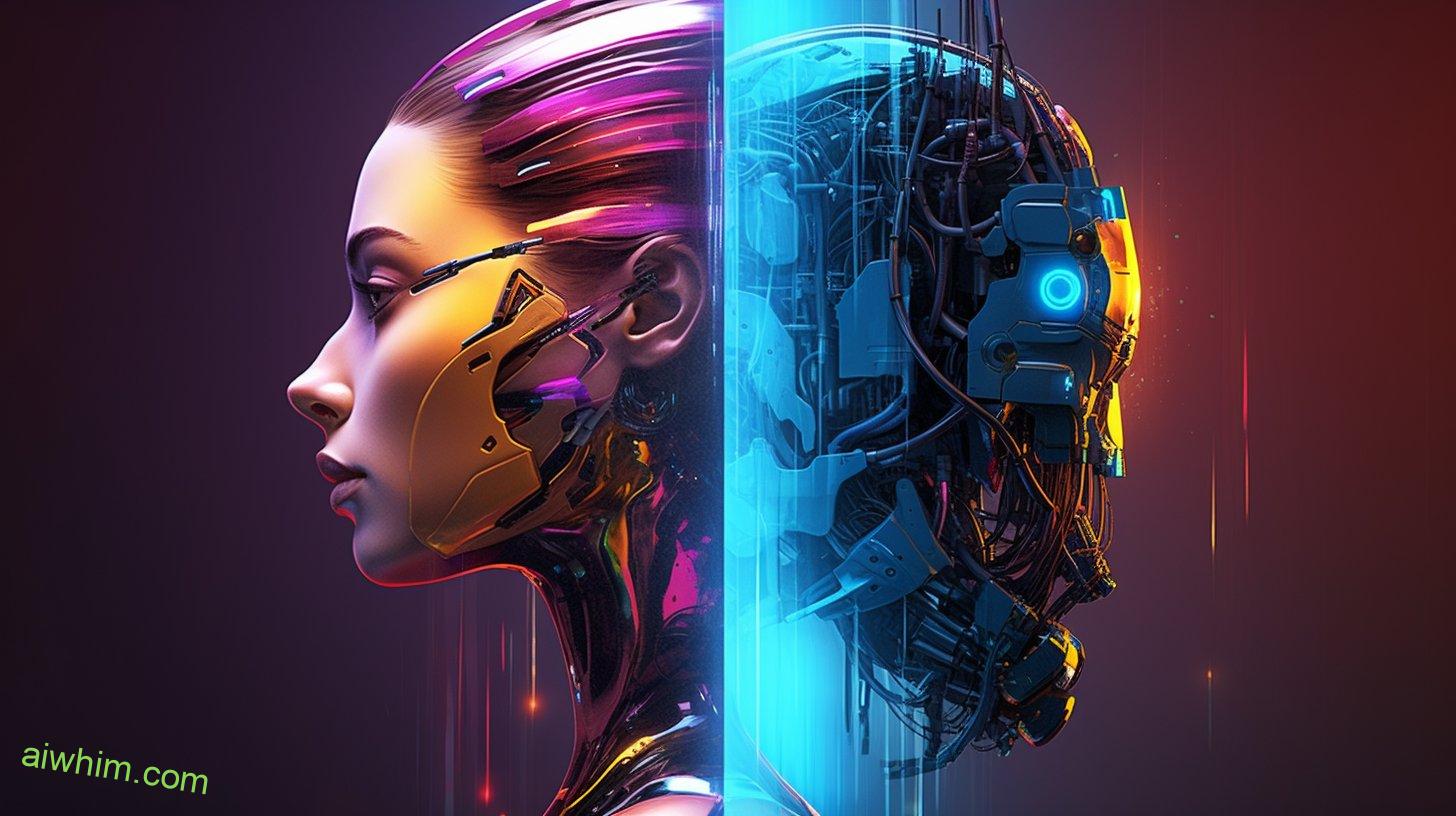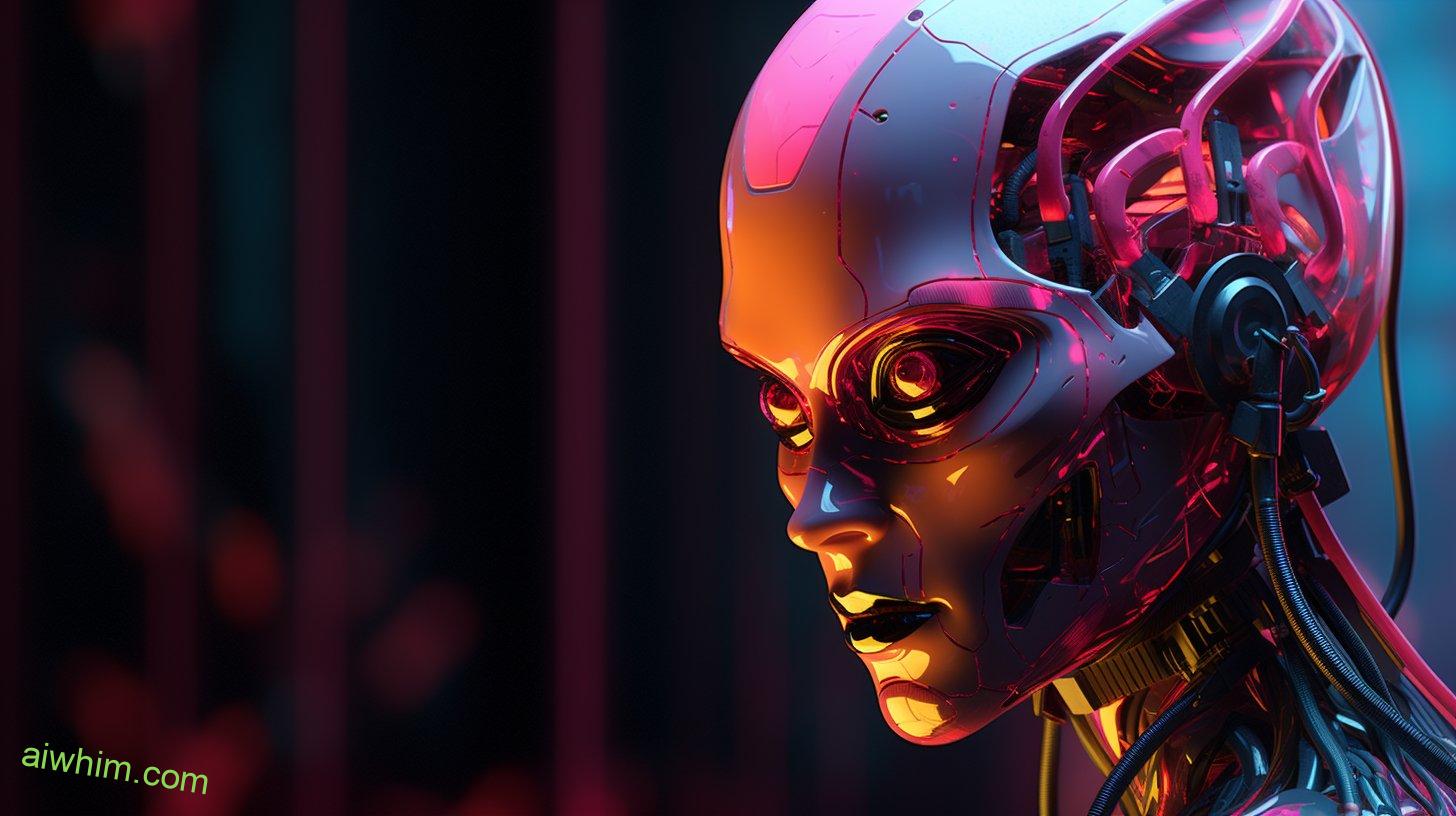Are you curious about the impact of artificial intelligence (AI) on personal shoppers? Well, brace yourself for an enlightening exploration.
In this article, we delve into the rise of AI in retail and how it’s revolutionizing the shopping experience. But what does this mean for those dedicated individuals who provide personalized assistance? Could AI potentially displace their jobs?
Join us as we navigate the benefits, limitations, and ethical considerations surrounding AI’s potential to replace human workers in the realm of personal shopping.
Get ready to unleash your curiosity!
Key Takeaways
- AI-powered chatbots and virtual assistants can provide instant product recommendations and personalized assistance, reducing reliance on personal shoppers.
- AI algorithms analyze consumer behavior and browsing history to offer tailored shopping experiences and recommendations.
- Personal shoppers offer unique insights, personalized advice, and emotional connections that AI cannot replicate, making them valuable in luxury shopping.
- The integration of AI in shopping streamlines the process, saving time and effort while ensuring personalized experiences, but there are limitations and challenges in understanding nuanced requests, addressing biases, and ensuring data privacy and security.
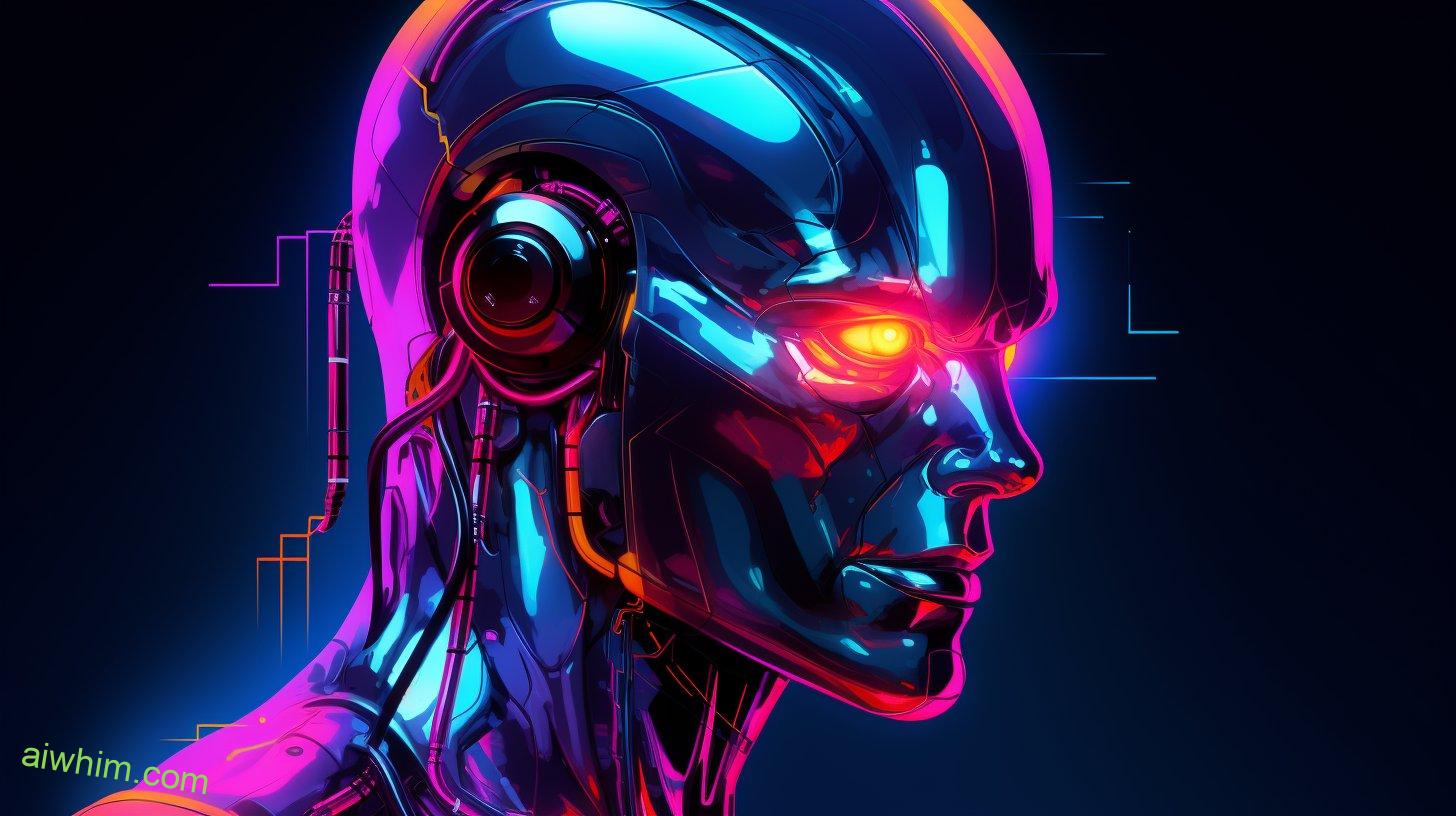
The Rise of AI in Retail
AI’s increasing presence in the retail industry could potentially lead to the displacement of jobs, such as personal shoppers. As automation continues to advance, it is crucial to understand the impact it has on our society and the future of AI in the retail industry.
The rise of AI in retail brings both excitement and concerns. On one hand, this technology promises efficiency, convenience, and personalized experiences for customers. AI-powered chatbots can assist shoppers with product recommendations and answer their queries instantly. This means that customers no longer have to rely on personal shoppers for assistance. They can access information at their fingertips, making decisions independently.
However, there are valid concerns about job security for personal shoppers. With AI taking over tasks traditionally performed by humans, there is a possibility that these jobs may become obsolete. The future of AI in the retail industry raises questions about whether human interaction will continue to be valued or if it will be replaced entirely by artificial intelligence.
For those who desire freedom and want to maintain control over their own destiny, this potential displacement of jobs may raise alarm bells. It emphasizes the need for individuals to adapt and acquire new skills that align with evolving technologies like AI. While some argue that automation creates new opportunities instead of eliminating them completely, it is essential to stay vigilant and proactive in preparing ourselves for an uncertain future.
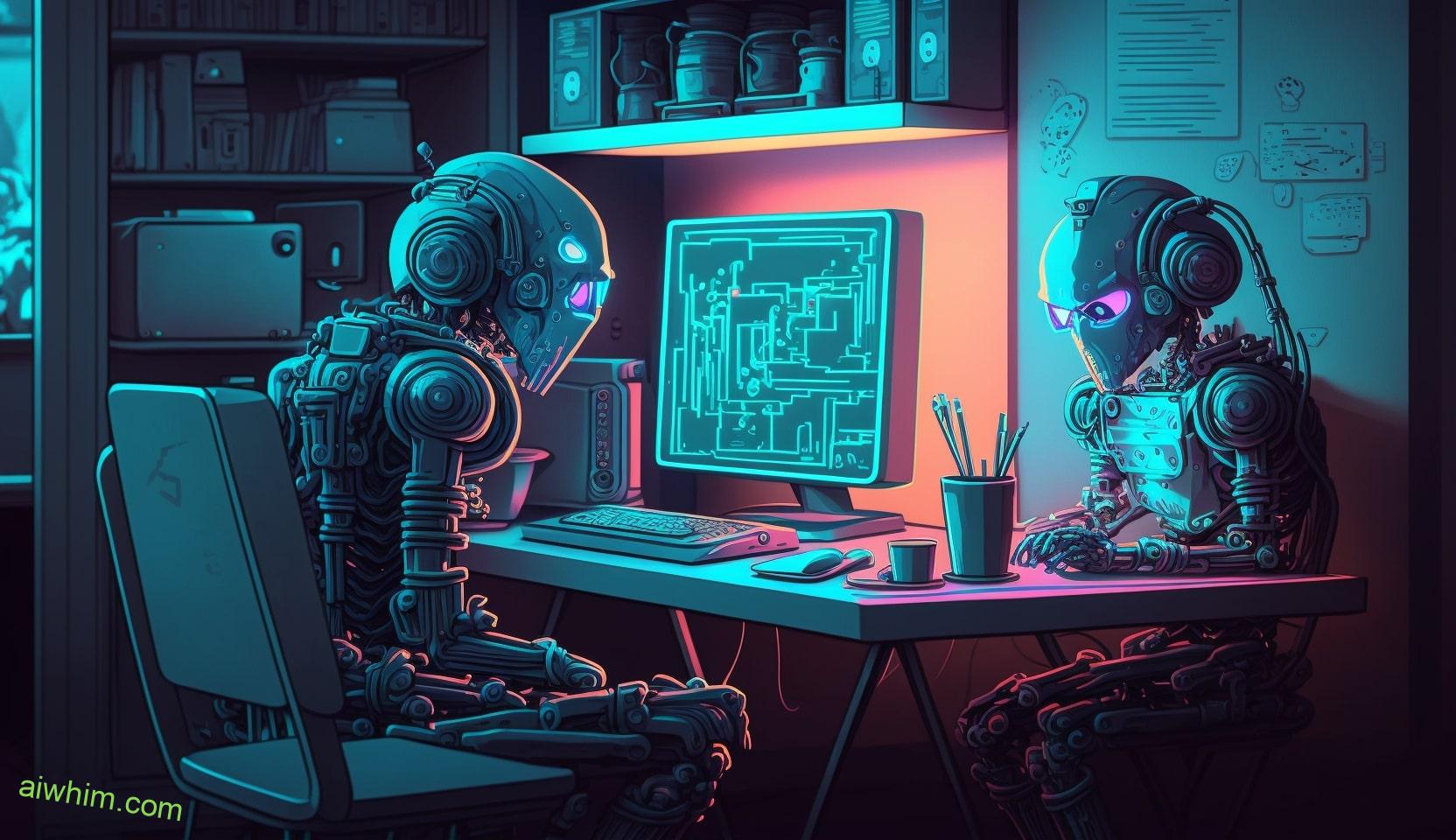
The Role of Personal Shoppers
With advancements in technology, the role of personal shoppers may be impacted. As a freedom-seeking individual, you value convenience and personalized experiences. Here are three ways personal shopper training and customer preferences are shaping the future:
- Enhanced Efficiency: Technology is revolutionizing how personal shoppers operate. AI-powered algorithms can analyze vast amounts of data to predict customer preferences accurately. This means that your personal shopper can quickly identify products that align with your tastes and needs, saving you time and effort.
- Personalized Recommendations: Customer preferences play a crucial role in shaping the role of personal shoppers. By understanding your shopping habits, favorite brands, and lifestyle choices, trained professionals can curate tailored recommendations just for you. With this level of customization, you have the freedom to explore new options while staying true to your unique style.
- Seamless Virtual Assistance: The rise of virtual assistants like chatbots allows personal shoppers to provide round-the-clock support. You have the freedom to connect with them anytime, anywhere – whether it’s seeking fashion advice or assistance with finding the perfect gift for a loved one. These virtual interactions bridge the gap between physical stores and online platforms, giving you more flexibility in how you shop.
While technology may challenge traditional aspects of personal shopping, it also offers opportunities for growth and improvement in delivering exceptional customer experiences tailored specifically to your desires and needs. Embrace these advancements as they pave the way for an exciting future where both technology and human expertise work together to enhance your shopping journey!

How AI Is Transforming the Shopping Experience
As technology continues to advance, the shopping experience undergoes a transformative shift. Artificial Intelligence (AI) is revolutionizing the way we shop, both in fashion and grocery.
AI in fashion brings personalized recommendations right to your fingertips. No longer do you have to spend hours scrolling through endless websites or wandering aimlessly through crowded malls. With AI, you can simply input your preferences, and the system will generate a curated selection of items tailored just for you.
Imagine walking into a grocery store and having an AI-powered assistant guide you through the aisles. It knows your dietary restrictions and preferences, making sure you only select items that align with your needs. This not only saves time but also ensures that every item you purchase is exactly what you want.
AI also helps make shopping more convenient by providing virtual fitting rooms for online fashion retailers. You can upload a photo of yourself and try on different outfits without leaving your home. It’s like having a personal stylist at your service 24/7.
With AI in grocery shopping, mundane tasks like creating shopping lists become effortless. Simply tell your smart speaker what items you need, and it will add them to your list automatically. This leaves you more time to focus on the things that truly matter.
The integration of AI in fashion and grocery shopping offers freedom and convenience like never before. It streamlines the process, saving time and effort while ensuring personalized experiences tailored to individual tastes and needs. Embrace this transformative shift as it empowers you to take control of your shopping journey with ease and efficiency.
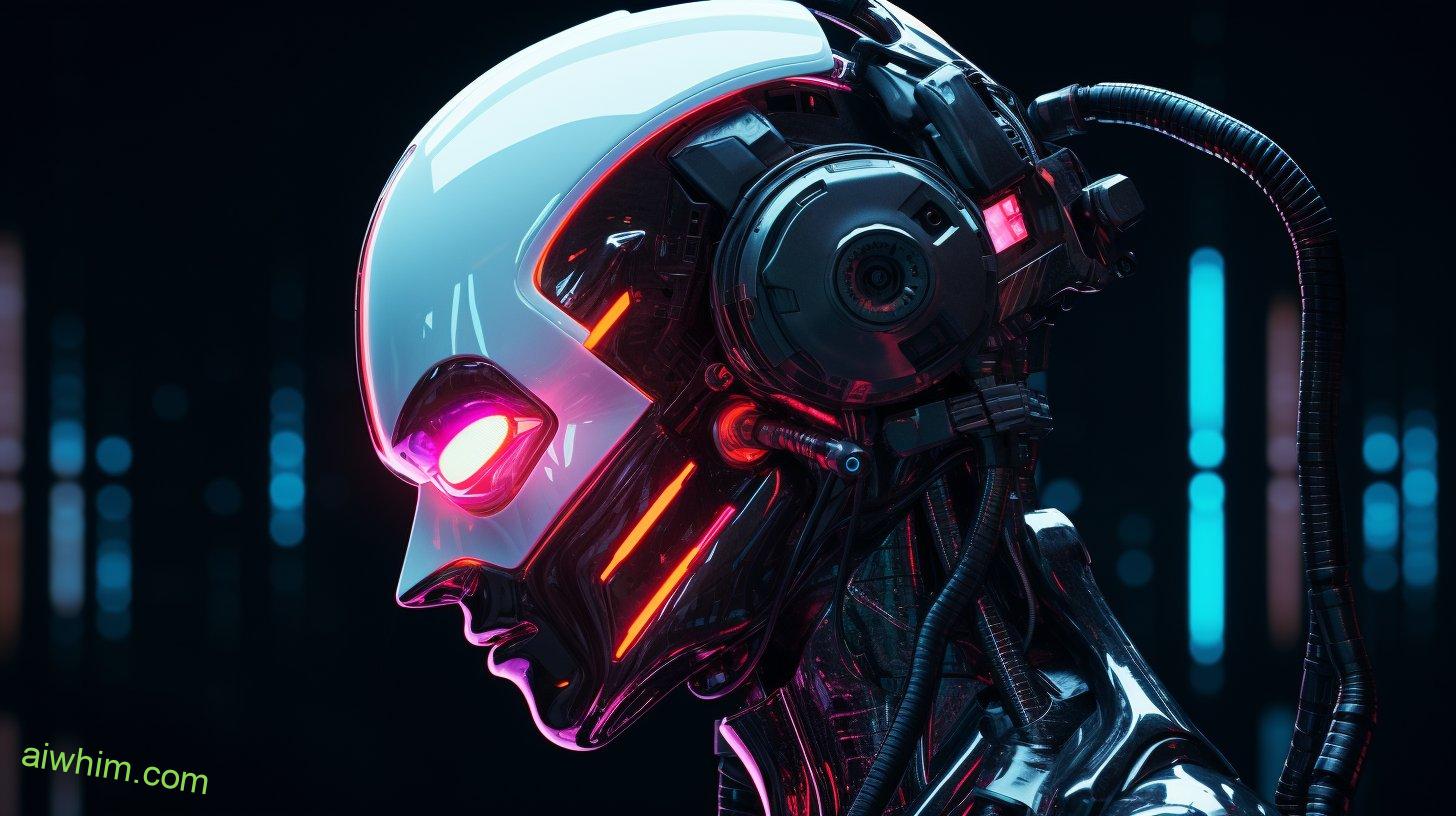
The Benefits and Limitations of AI in Personal Shopping
Imagine having an AI-powered personal shopping assistant that helps you discover new products and find the best deals, all while respecting your privacy and preferences. With AI in personal shopping, you can experience a range of benefits that enhance your freedom and convenience.
Here are three ways AI can benefit you in personal shopping:
- Enhanced Product Discovery: Your AI assistant is constantly learning about your preferences and interests. It analyzes data from your previous purchases, browsing history, and even social media activity to suggest products tailored specifically to your taste. This personalized approach saves you time by eliminating the need to scroll through countless options yourself.
- Time-saving Convenience: Thanks to AI technology, gone are the days of spending hours comparing prices across different websites or physically going from store to store. Your AI assistant can effortlessly search multiple platforms for the best deals on a specific product, ensuring that you get the most value for your money without any hassle.
- Privacy Protection: In this age where our data is constantly being collected and used for targeted advertising, it’s important to have control over our privacy. When it comes to personal shopping with AI, companies prioritize protecting your data by implementing strong security measures and providing transparency regarding how they use your information.
However, it’s essential to acknowledge the limitations of AI in personal shopping:
- Lack of Human Interaction: While an AI assistant can provide useful recommendations based on algorithms and data analysis, it cannot replicate the unique insights and personalized advice that a human personal shopper could offer.
- Limited Contextual Understanding: Although AI assistants strive to understand your preferences, they may struggle with understanding nuanced requests or interpreting complex fashion trends accurately.
- Potential Bias: The algorithms powering AI systems rely heavily on existing data sets which may contain inherent biases due to various factors like gender or cultural representation. It is crucial for developers to continuously refine these systems to ensure fairness and avoid perpetuating bias.
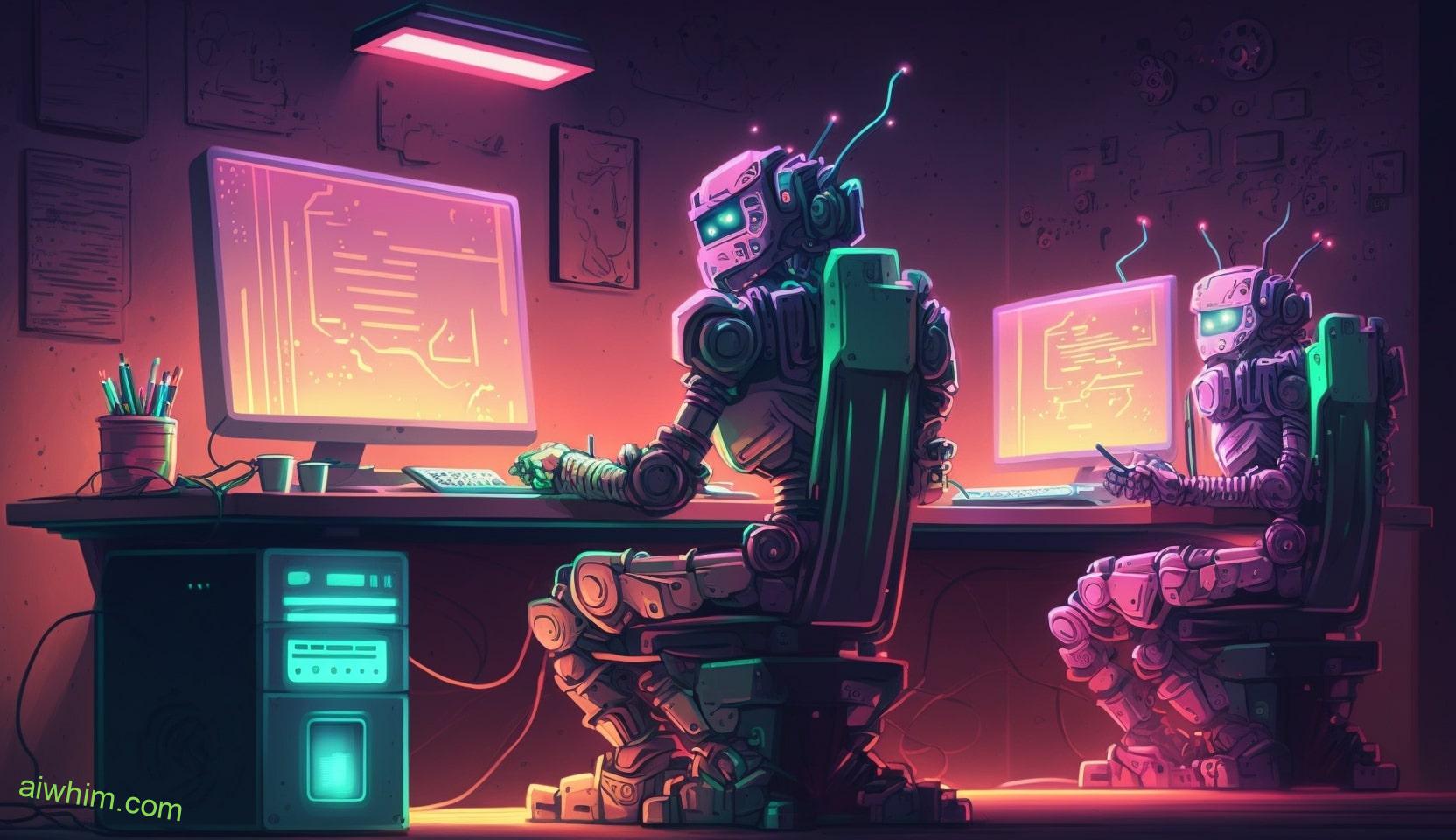
AI-Powered Virtual Shopping Assistants
AI-powered virtual shopping assistants provide a convenient and personalized way for you to discover products and make purchases. These virtual stylists are the future of fashion retail, offering you the freedom to shop anytime and anywhere. With AI technology constantly evolving, these assistants can understand your preferences, style, and even offer fashion suggestions tailored just for you.
Imagine being able to have your own personal stylist available at your fingertips 24/7. AI-powered virtual shopping assistants can analyze your browsing history, social media activity, and previous purchases to create a detailed profile of your fashion taste. They can then use this information to curate personalized recommendations that match your style preferences.
Not only do these virtual stylists save you time by eliminating the need for physical shopping trips, but they also offer convenience in their ability to assist with outfit planning. Whether it’s finding the perfect dress for an upcoming event or putting together a complete look from head to toe, these AI-powered assistants can help you create stylish ensembles that suit any occasion.
Furthermore, AI-powered virtual shopping assistants allow you to explore new brands and trends that align with your taste. By analyzing vast amounts of data from various sources, they can identify emerging fashion trends and suggest items that would complement your wardrobe.
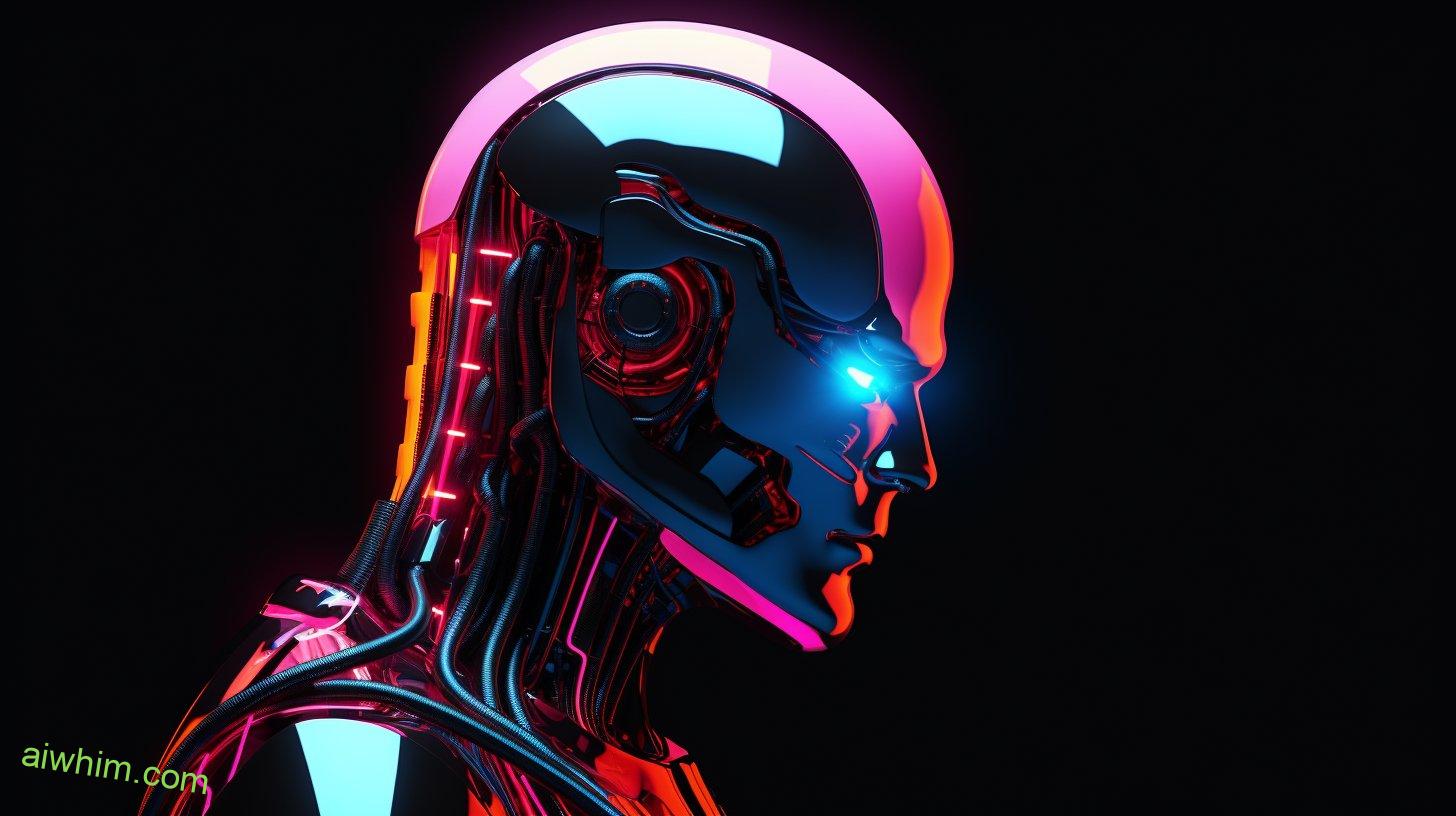
The Impact of AI on Employment in Retail
With the advancement of AI technology, automation in retail could potentially affect employment opportunities for workers in certain roles. AI raises important questions about the ethics of its implementation in retail and the social impact it has on retail workers.
Here are three key aspects to consider regarding the impact of AI on employment in retail:
- Job displacement: With the rise of AI-powered systems, certain job roles, such as cashiers or inventory managers, could be automated. This could result in fewer job opportunities for individuals currently working in these positions.
- Upskilling and retraining: As some jobs become automated, there will be a need for workers to adapt and acquire new skills to remain relevant in the changing landscape. Retailers may invest in upskilling programs to help employees transition into different roles that require more advanced technological knowledge.
- New job creation: While some jobs may be displaced by AI technology, there is also potential for new job opportunities to arise. For example, companies might need experts who can develop and maintain AI algorithms or provide technical support for customers using AI-powered systems.
It’s essential to strike a balance between leveraging the benefits of AI technology while considering its potential impact on employment. By being proactive about upskilling and creating new job opportunities within the evolving retail industry, we can ensure that individuals have freedom and choices when it comes to their careers amidst advancements in AI technology.

Personalization Vs. Automation: Finding the Right Balance
Finding the right balance between personalization and automation in the retail industry is crucial for enhancing customer experiences. As technology advances, it has the potential to greatly impact employment. However, striking a balance between personalized service and automated processes can benefit both customers and employees.
In today’s fast-paced world, convenience is key. Customers desire freedom to shop when and how they want, leading to an increase in online shopping and self-service options. Automation streamlines processes like checkout and inventory management to meet these demands. Implementing automated systems frees up time for employees to provide personalized assistance or engage with customers on a deeper level.
Personalization adds a human touch that machines alone cannot replicate. Customer preferences vary widely, so tailoring recommendations based on individual needs enhances the shopping experience. Prioritizing personalization through targeted marketing campaigns or personalized product suggestions helps build long-lasting customer relationships.
Finding the right balance between personalization and automation does not mean replacing human workers with machines entirely. It means leveraging technology to augment human capabilities. This approach allows employees to focus on higher-value tasks requiring critical thinking and creativity while benefiting from automation’s efficiency gains.
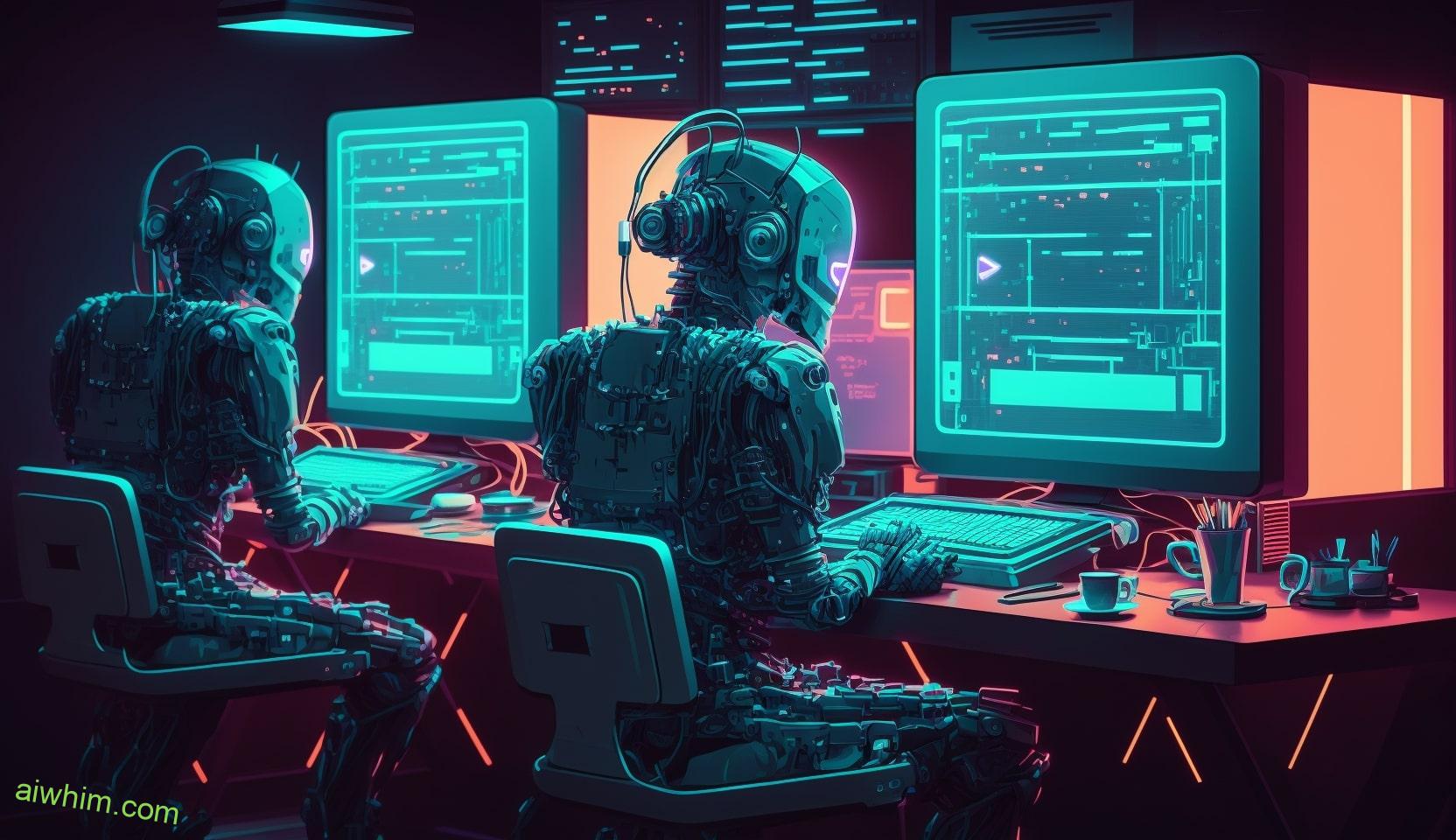
The Future of Personal Shopping in the Age of AI
To stay ahead in the retail industry, you need to embrace the future of personal shopping and understand how AI technology is shaping it. The rise of artificial intelligence has brought about significant changes in the way we shop and interact with brands.
Here are three key ways that AI is transforming the future of personal shopping:
- Enhanced Personalization: With AI-powered algorithms, retailers can analyze vast amounts of customer data to provide highly personalized recommendations. Imagine a virtual personal shopper that knows your preferences, sizes, and style better than anyone else. This level of customization not only saves you time but also ensures that you find exactly what you’re looking for.
- Seamless Shopping Experience: AI technology enables retailers to offer seamless shopping experiences across multiple channels. From chatbots capable of answering your questions in real-time to voice-activated assistants guiding you through your purchase journey, AI makes shopping more convenient and accessible than ever before.
- Ethical Implications: As exciting as these advancements may be, there are ethical implications to consider. Retailers must prioritize consumer privacy and ensure the responsible use of customer data. Additionally, concerns over job displacement arise as automation becomes more prevalent in the retail sector. It’s crucial for companies to strike a balance between leveraging AI technology while still valuing human interaction and employment.
The future implications of AI in personal shopping are vast and promising but come with important considerations regarding ethics and job security. By embracing this technological shift responsibly, retailers can offer enhanced personalized experiences while maintaining their commitment to customer privacy and support for their employees’ livelihoods.
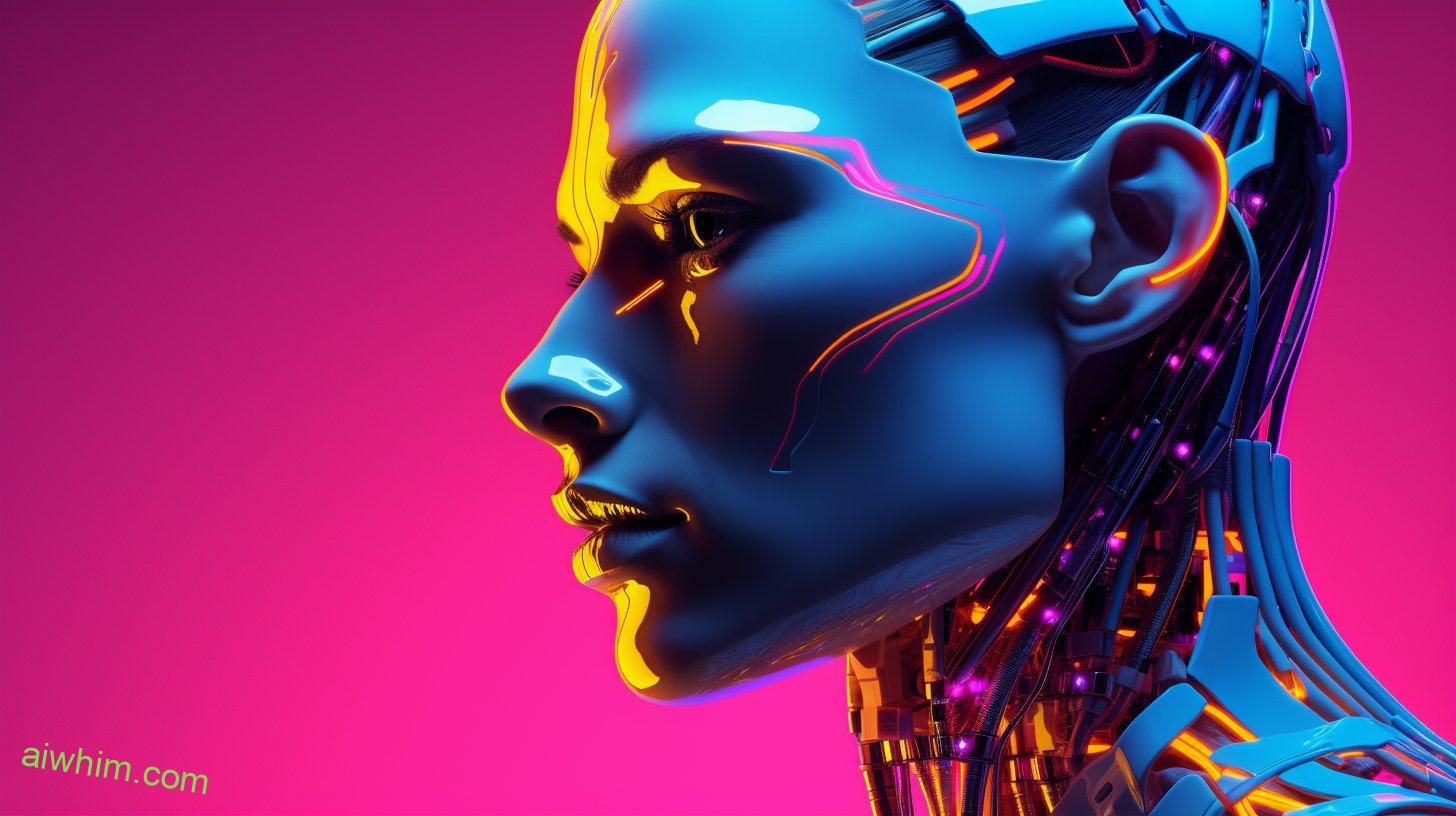
AI Algorithms and Consumer Behavior Analysis
AI algorithms analyze your behavior as a consumer to understand your preferences and provide personalized recommendations. These algorithms are designed to improve your shopping experience by offering suggestions that align with your specific tastes and interests. By analyzing vast amounts of data, AI algorithms can identify patterns in your shopping habits, allowing them to make accurate predictions about the products you might be interested in. This not only saves you time and effort but also helps you discover new items that you may have never considered before.
The use of AI algorithms in analyzing consumer behavior has revolutionized the way we shop. Instead of relying solely on traditional market research methods, businesses now have access to real-time data that allows them to stay ahead of current shopping trends. With this information, they can tailor their product offerings and marketing strategies to better meet your needs and desires.
Furthermore, AI algorithms can also help businesses understand broader shopping trends by aggregating data from multiple consumers. This allows them to gain insights into what is popular across different demographics and make informed decisions about stocking inventory or launching new products.
In essence, the integration of AI algorithms into the world of shopping has created a dynamic ecosystem where consumer preferences are constantly analyzed and utilized to enhance the overall shopping experience for everyone involved. So whether you’re searching for a new pair of shoes or exploring the latest fashion trends, rest assured that AI is working behind the scenes to ensure that your needs are met while also keeping up with the ever-changing landscape of shopping trends.
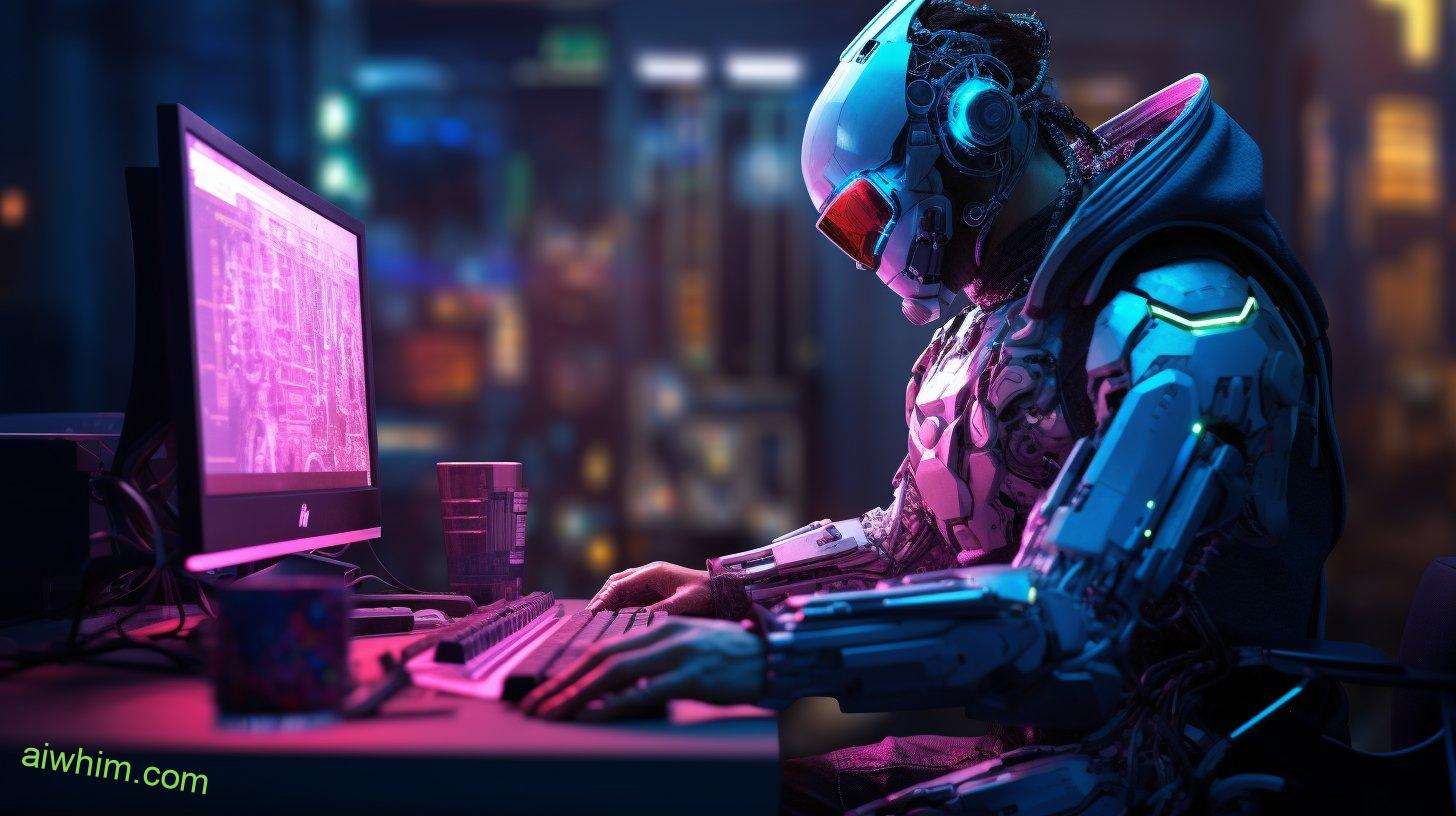
AI-Driven Recommendations and Personalized Suggestions
Businesses are constantly improving the accuracy of personalized recommendations by utilizing AI algorithms to analyze consumer behavior. With AI-driven recommendations, you can now enjoy a more tailored shopping experience that understands your unique preferences and needs. Here’s how it works:
- AI algorithms track your browsing history: By analyzing your past searches and purchases, AI technology can build a profile of your interests and preferences. This allows businesses to make personalized suggestions based on what you’ve shown interest in before.
- Real-time data analysis: AI systems can process vast amounts of data in real-time, allowing them to stay up-to-date with the latest trends and changes in consumer behavior. This means that the recommendations you receive are always relevant and reflective of current market trends.
- Continuous learning and improvement: AI algorithms have the ability to learn from user interactions and feedback. As you engage with the recommended products or services, the system will gather data on your responses and adjust its suggestions accordingly. This ensures that over time, the recommendations become even more accurate and aligned with your preferences.
With these advancements in AI-driven recommendations, you have more freedom than ever before when it comes to finding products or services that truly resonate with you. Gone are the days of sifting through pages of irrelevant options – now, businesses can provide personalized suggestions tailored specifically for you.
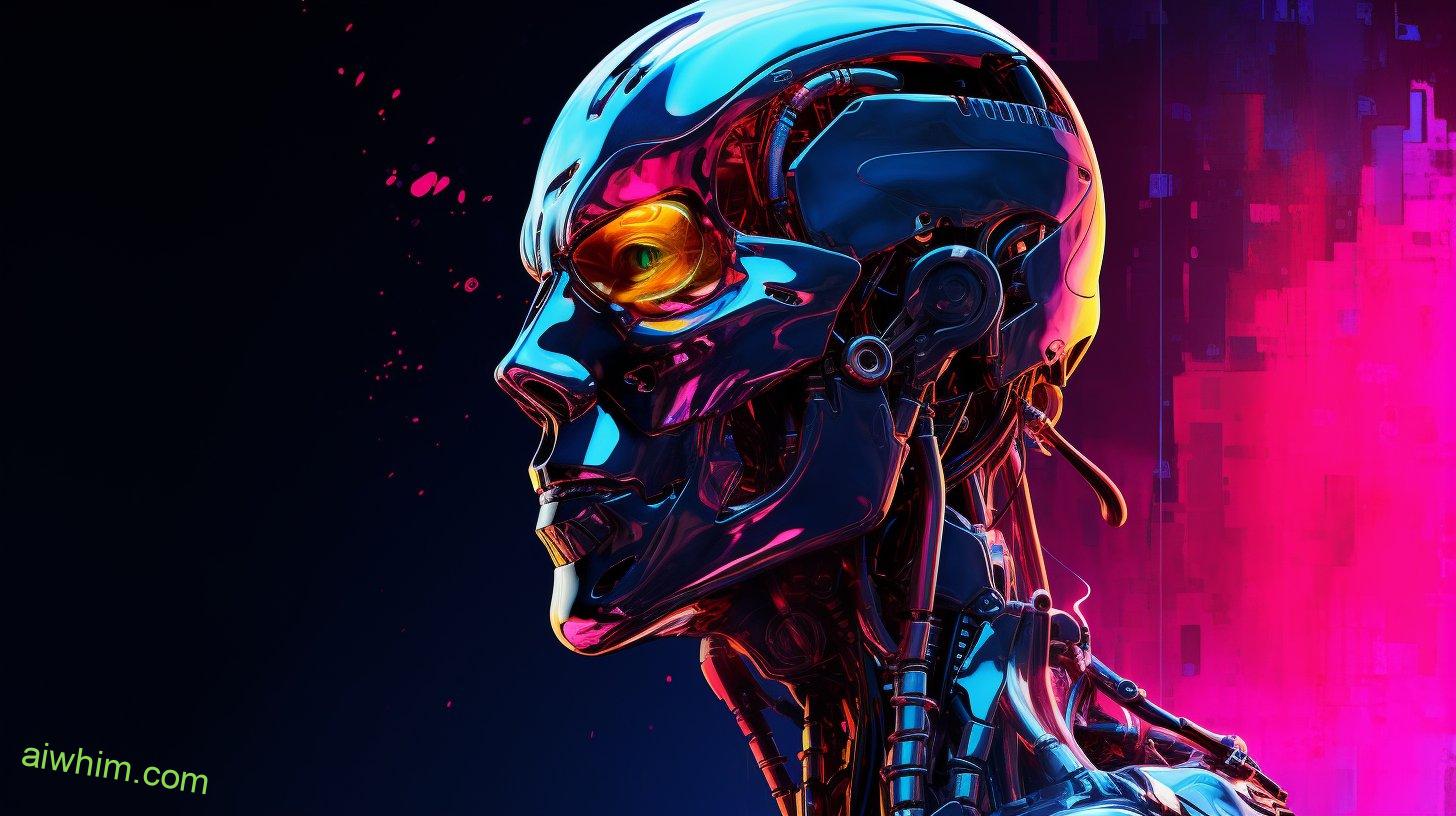
Challenges in Implementing AI in Personal Shopping
When implementing AI in personal shopping, you may encounter challenges related to data privacy and security. As technology advances, the use of AI in various industries has become more prevalent, and personal shopping is no exception. While AI can bring numerous benefits to the shopping experience, there are certain challenges that need to be addressed.
One of the main challenges in implementing AI in personal shopping is ensuring data privacy and security. With AI systems collecting vast amounts of customer data for personalized recommendations and suggestions, there is a concern about how this data is stored and used. Customers want assurance that their personal information will be protected from unauthorized access or misuse.
Another challenge is striking the right balance between automation and human interaction. While AI can streamline the shopping process by providing quick recommendations and suggestions, some customers still value the expertise and personalized touch of a human personal shopper. It’s important to find a way to integrate AI seamlessly into the customer experience without completely replacing human involvement.
Furthermore, there are concerns about the impact on employment with the widespread implementation of AI in personal shopping. As more tasks become automated, there may be a decrease in demand for traditional personal shoppers. This could potentially lead to job displacement for those working in this field.
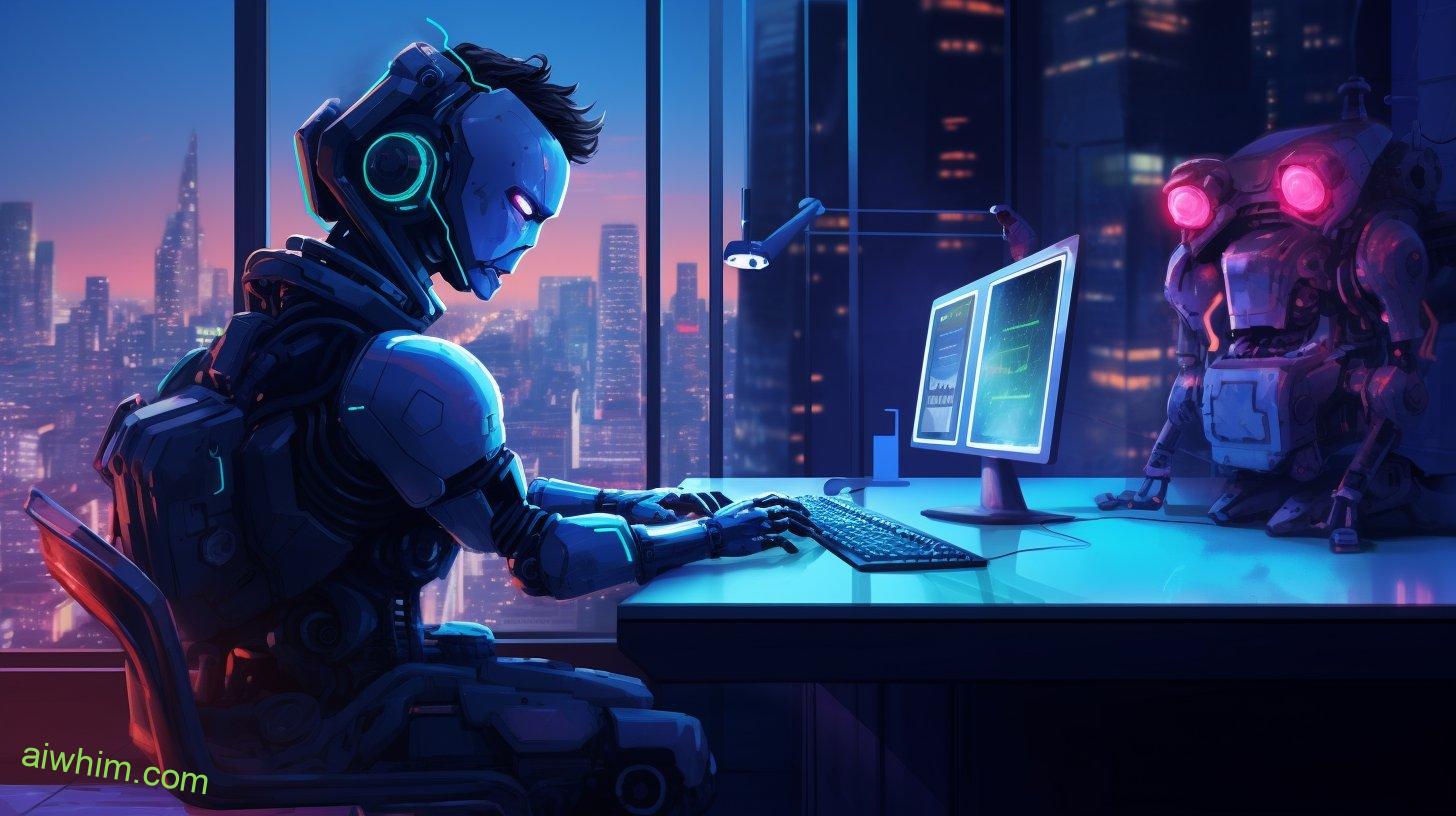
Ethical Considerations of AI Replacing Human Workers
If you are considering the ethical implications of replacing human workers with AI, it is important to carefully examine the potential impact on employment and the future of work. The rise of AI technology in various industries has sparked a debate about the social impact and fairness of such automation.
Here are three key points to consider when contemplating the ethical implications of AI replacing human workers:
- Job Displacement: One concern is that widespread implementation of AI could lead to significant job losses across industries, including personal shopping. This raises questions about how society will support those individuals who lose their livelihoods due to automation. It becomes crucial to ensure that measures are in place to retrain and reskill workers for new roles or provide them with alternative means of income.
- Inequality: The adoption of AI could widen existing social inequalities if certain groups have better access to these technologies than others. It is essential to address this issue by ensuring equal opportunities for all individuals, regardless of their background or economic status, in order to avoid exacerbating societal divisions.
- Human Interaction: Personal shopping involves a high level of interpersonal interaction, which may be difficult for AI systems to replicate authentically. While AI can offer efficient recommendations based on algorithms, it lacks the empathy and emotional understanding that humans possess. Maintaining a balance between automated efficiency and personalized human touch should be a priority when considering AI’s role in personal shopping.
As we navigate these ethical considerations surrounding the replacement of human workers with AI, it is vital to strike a balance that ensures technological advancement without compromising societal values and equality. By addressing these concerns head-on, we can create a future where automation coexists harmoniously with humanity’s desire for freedom and justice.
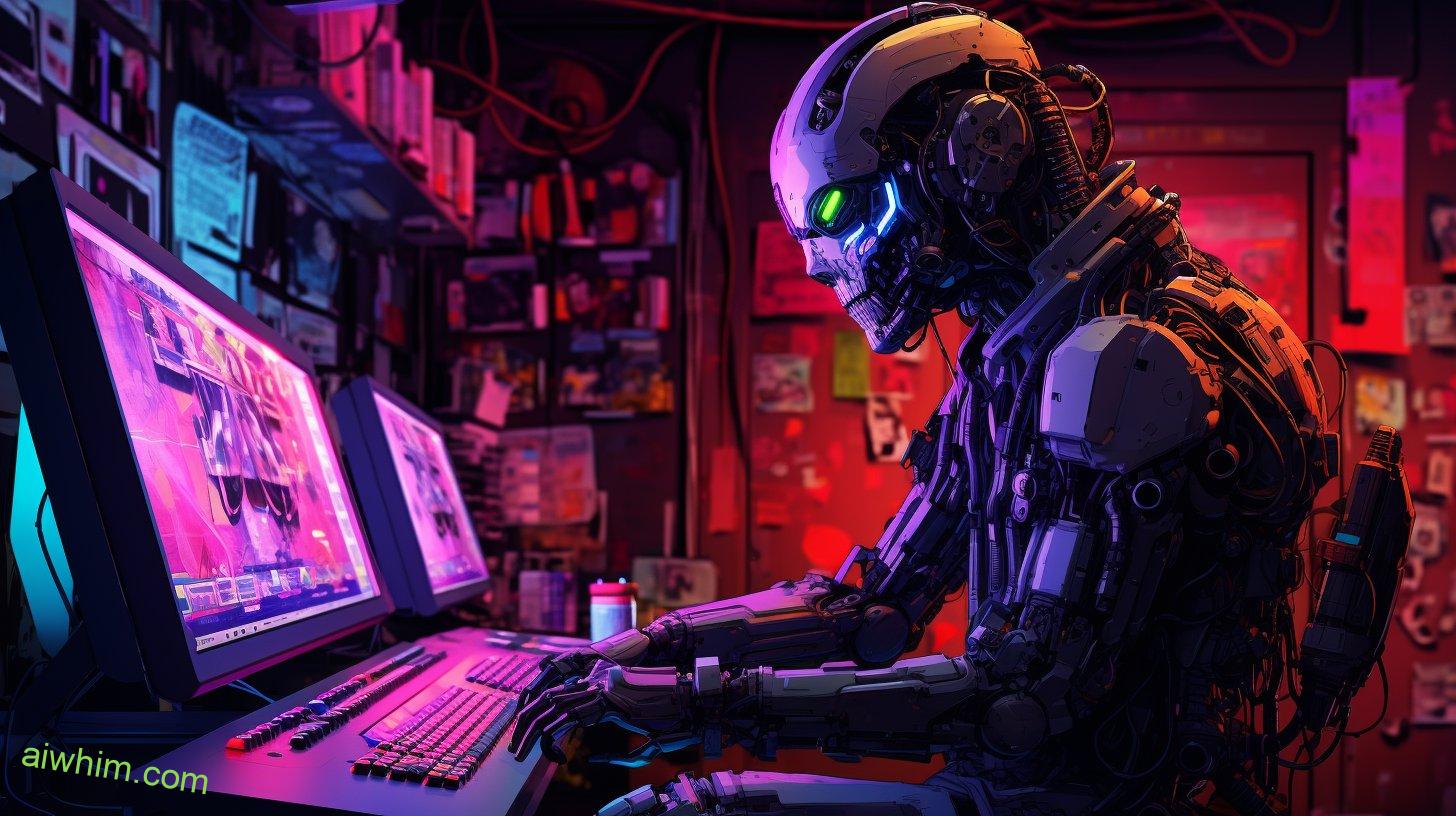
Enhancing Customer Service With AI Technologies
To enhance your customer service experience, consider the implementation of AI technologies that can provide efficient and personalized recommendations. AI powered chatbots are revolutionizing the way businesses interact with their customers. These intelligent virtual assistants can understand and respond to your needs in real-time, providing you with instant support and guidance.
Imagine having a personal shopper at your fingertips, available 24/7. With AI powered chatbots, this becomes a reality. These bots have access to vast amounts of data which they use to understand your preferences and make tailored recommendations just for you. Whether you’re looking for fashion advice or need help finding the perfect gift, these chatbots can assist you every step of the way.
But what about data privacy? It’s a valid concern in today’s digital age. Rest assured, reputable companies prioritize safeguarding your information. They adhere to strict privacy policies and implement robust security measures to protect your data from unauthorized access or misuse.
AI technologies also offer freedom when it comes to convenience. No longer do you have to wait on hold or navigate through complex phone menus. With AI powered chatbots, assistance is just a few clicks away. You have the freedom to seek help whenever and wherever you need it.
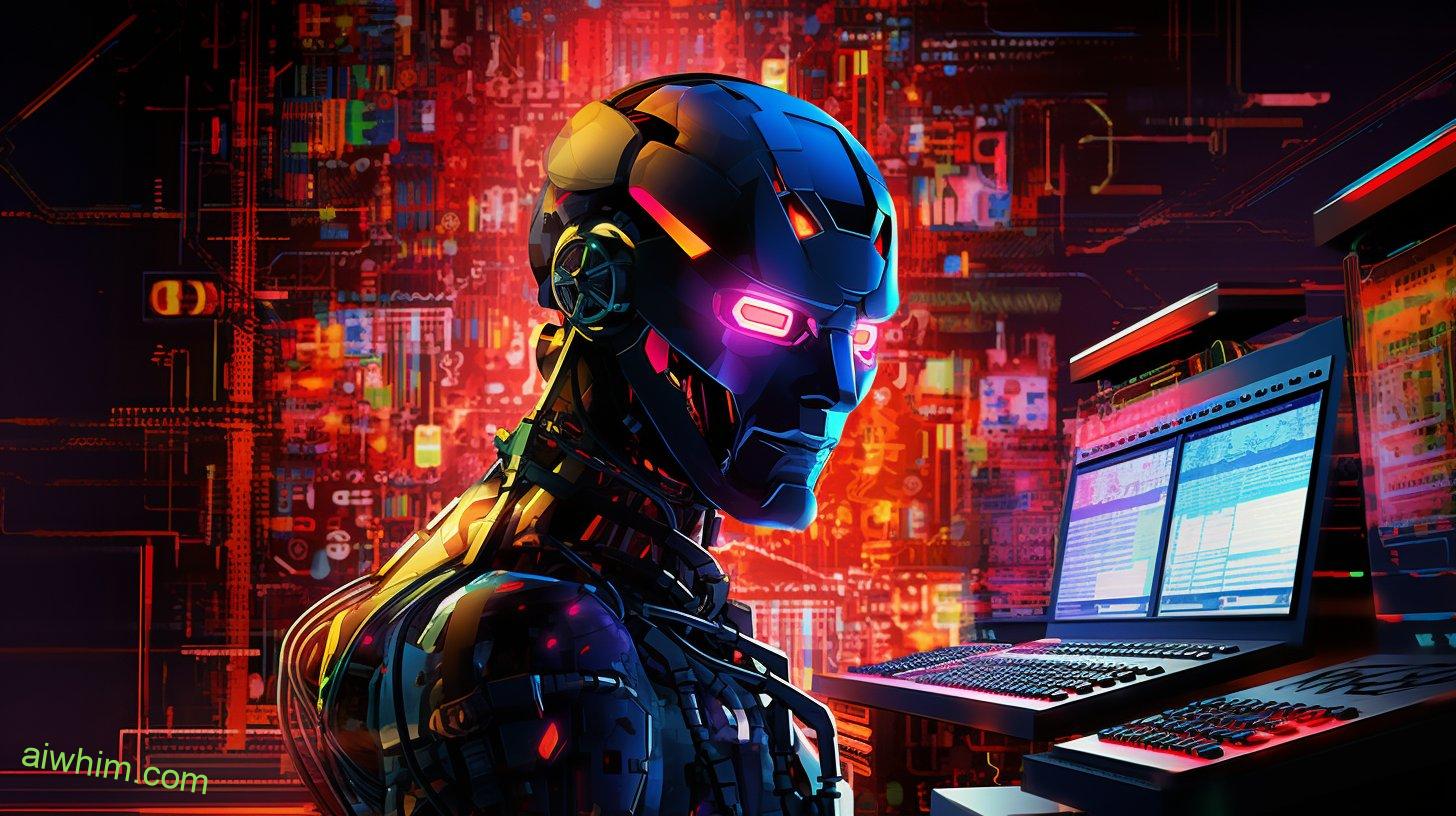
Training and Upskilling in the Era of AI Displacement
As we discussed earlier, AI technologies have the potential to enhance customer service in various industries. However, with the rise of automation and AI, there is a growing concern about job displacement.
But don’t worry, you can still stay ahead in the game by embracing training opportunities and upskilling yourself.
Here are three ways you can navigate the changing job market implications:
- Continuous Learning: Stay proactive and invest in your personal growth by seeking out training programs that focus on skills relevant to your industry. Many organizations now offer online courses or workshops designed to help individuals adapt to new technologies and trends.
- Embrace Collaboration: In an era where AI is becoming more prevalent, it’s crucial to understand how humans can work together with these technologies rather than seeing them as competition. Look for opportunities to collaborate with AI systems, as this will not only enhance your own capabilities but also contribute towards creating a harmonious balance between humans and machines.
- Explore New Roles: While some jobs may be at risk of being displaced by AI, there will always be a need for human creativity, critical thinking, and emotional intelligence. Consider exploring new roles that require these skills alongside technological expertise. For example, you could become an AI consultant or specialize in managing automated systems.
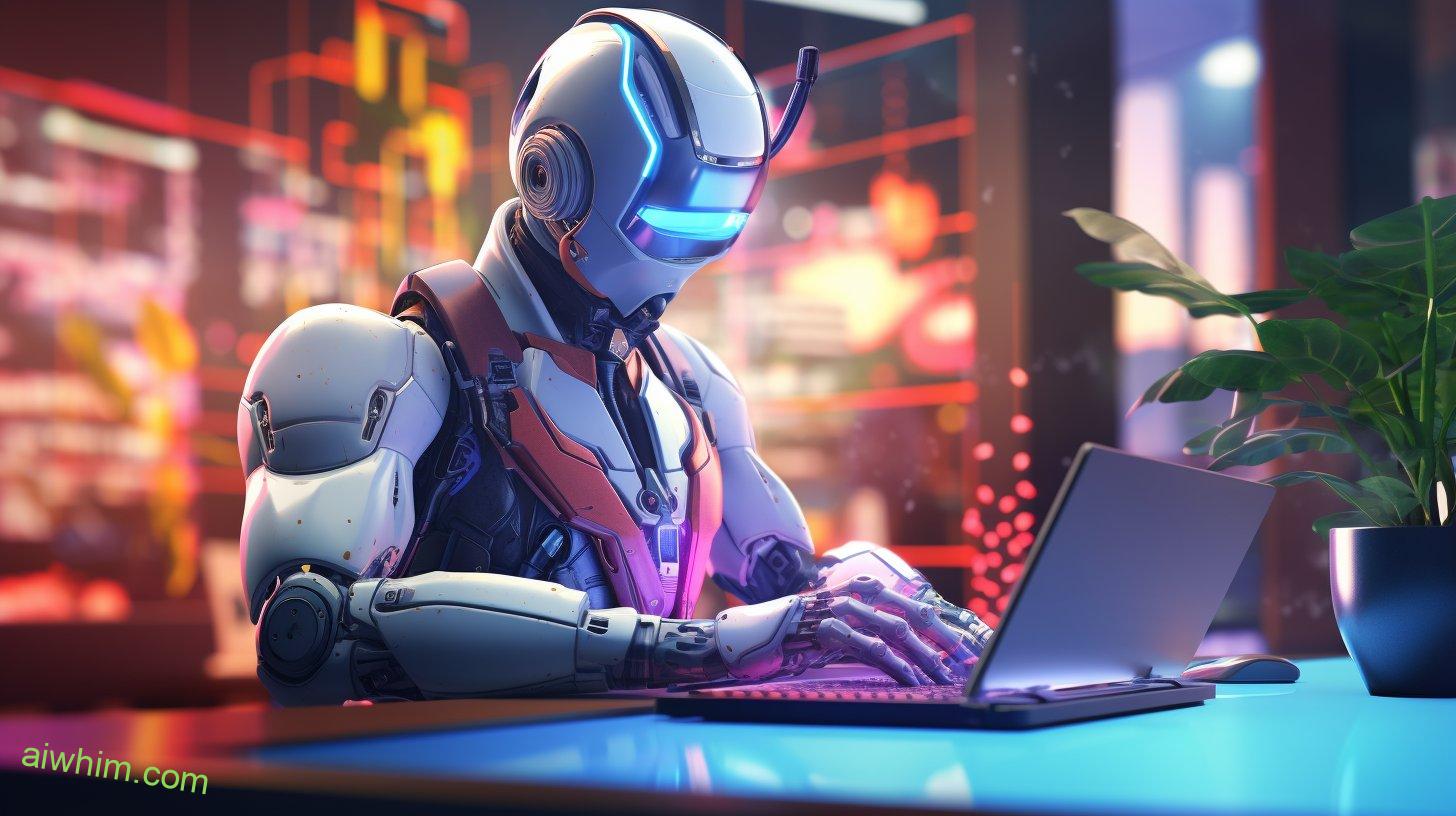
The Role of Human Touch in Personal Shopping
In today’s retail landscape, you know that the human touch remains essential in providing personalized shopping experiences. When it comes to luxury shopping, this is even more crucial. The psychology of personal shopping revolves around understanding your desires and preferences and tailoring the experience to meet your unique needs.
There is something special about having a real person guide you through the aisles of a luxurious boutique or assist you with selecting the perfect outfit for a special occasion. The human touch brings warmth, empathy, and an element of surprise that cannot be replicated by artificial intelligence (AI) alone.
Personal shoppers have an innate ability to read your body language, interpret your style preferences, and suggest items that align with your personality. They understand that luxury shopping is not just about buying expensive things; it’s about curating a lifestyle and creating an emotional connection with the products you choose.
The human touch also allows for meaningful interactions and genuine connections between shopper and assistant. A personal shopper can provide expert advice, share stories about designers or trends, and offer personalized recommendations based on their deep understanding of your tastes.
Although AI technology has made significant advancements in recent years, it still lacks the intuition and emotional intelligence required for truly personalized luxury shopping experiences. So while AI may streamline certain aspects of the process, nothing can replace the unique insights and personal connection that only a human can provide.
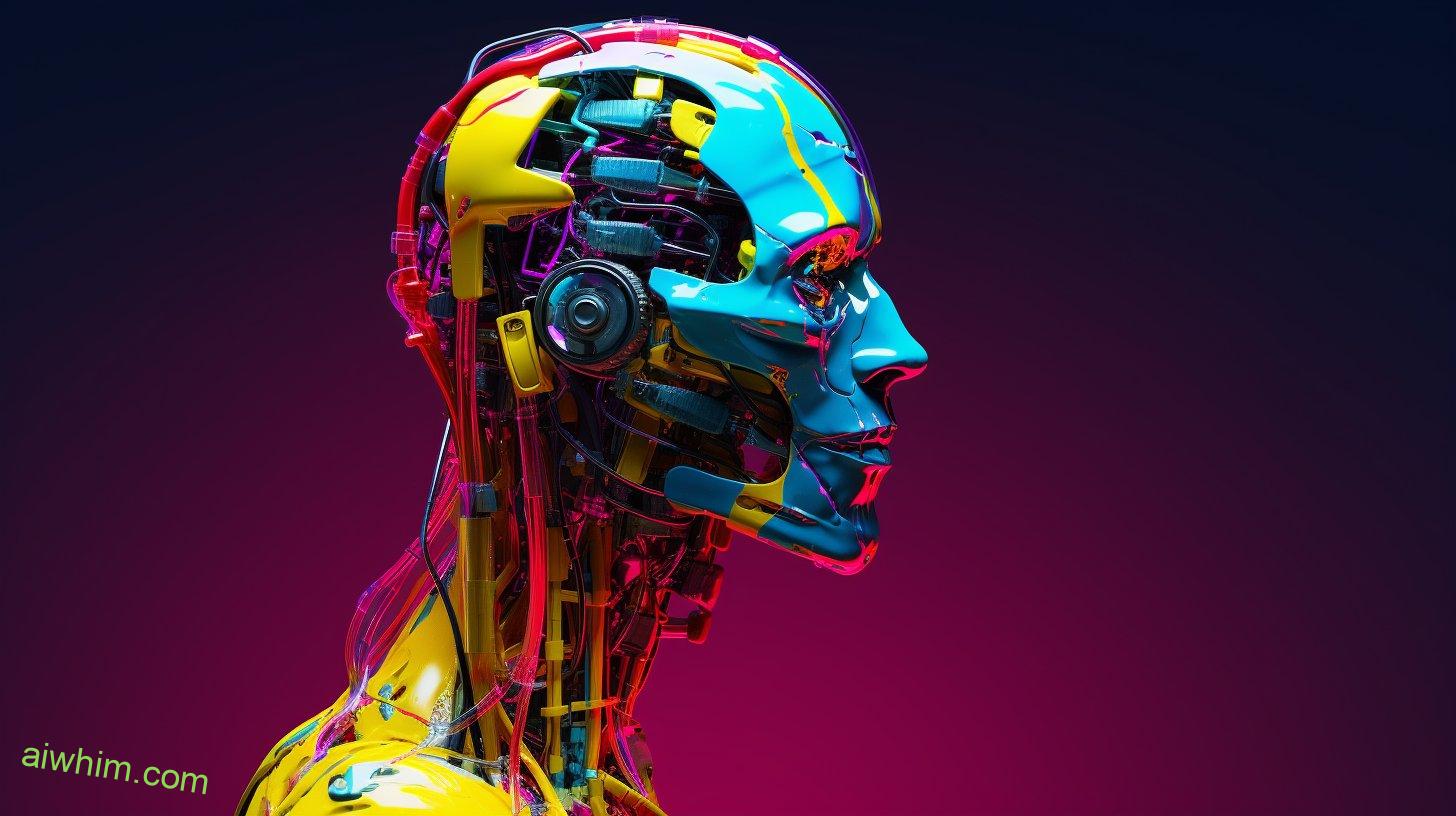
Frequently Asked Questions
What Are the Potential Ethical Considerations of AI Replacing Human Workers in Personal Shopping?
Ethical considerations arise when AI replaces human workers in personal shopping. Job displacement can lead to unemployment and economic inequality, impacting the freedom of individuals.
How Can AI Technologies Enhance Customer Service in the RetAIl Industry?
AI can greatly enhance customer service in the retail industry by providing personalized recommendations and improving customer satisfaction. With AI technologies, you’ll have access to a more tailored shopping experience that meets your specific needs and preferences.
What Are the Challenges in Implementing AI in Personal Shopping?
Implementing AI in personal shopping poses challenges such as ensuring customer privacy and maintaining a personalized experience. However, with careful planning and adaptation, these obstacles can be overcome to create a seamless integration that benefits both customers and businesses.
What Is the Role of Human Touch in Personal Shopping and How Does It Differ From AI-Powered Shopping Experiences?
In personal shopping, the role of human touch and empathy is crucial. AI-powered shopping experiences lack the personalization and emotional connection that only humans can provide. You are essential in creating a tailored and meaningful experience for customers.
How Can Employees in the Retail Industry Be Trained and Upskilled to Adapt to the Era of AI Displacement?
To adapt to AI displacement in the retail industry, you can train and upskill employees. Help them learn new skills that complement AI technology, so they can continue to thrive and succeed in their roles.
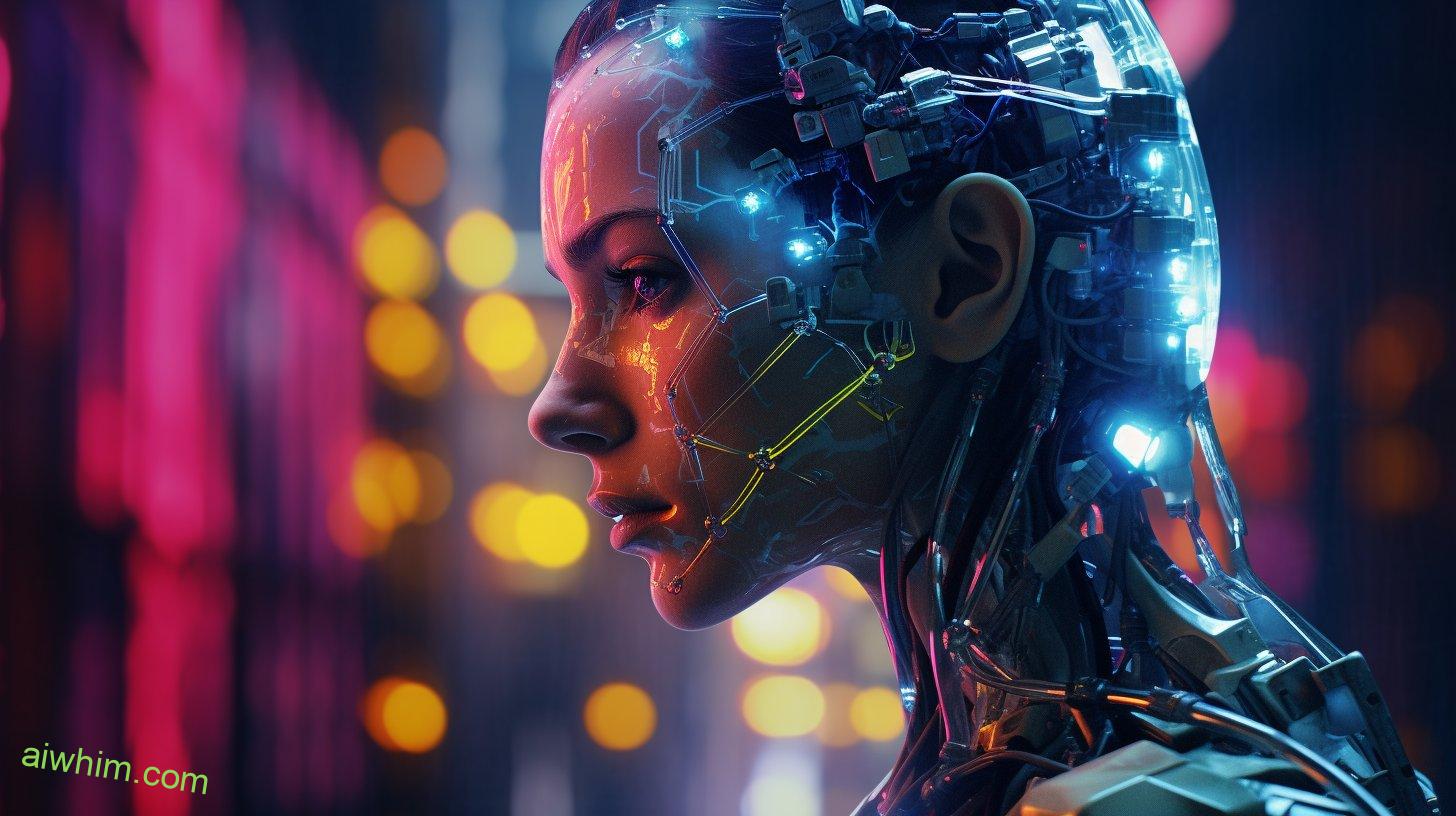
Conclusion
So, you thought your job as a personal shopper was safe from the clutches of AI? Think again. As technology continues to advance, it’s clear that AI is slowly but surely taking over every aspect of our lives – even shopping.
While there may be benefits to having an AI-powered virtual shopping assistant, let’s not forget the importance of human touch in personal shopping.
So, keep an eye out for those robots with impeccable fashion sense, because they just might be coming for your job sooner than you think.

